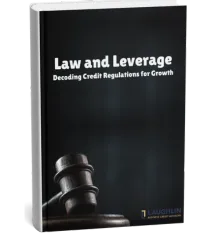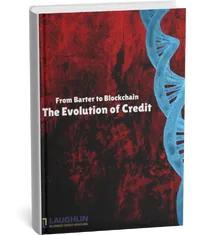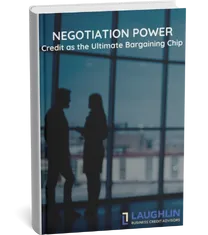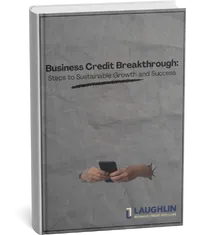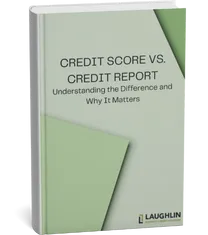
The Art of Decision-Making: How To Think Under Pressure
In the fast-paced world of business and entrepreneurship, decision-making is an essential skill that separates successful leaders from the rest. The ability to think clearly under pressure, analyze complex situations, and make confident decisions can determine whether a business thrives or fails. In today’s highly competitive market, business owners and executives are constantly bombarded with high-stakes choices—whether it’s responding to a crisis, seizing an unexpected opportunity, or pivoting their strategy to remain competitive. The question is, how can entrepreneurs sharpen their decision-making skills when time is limited and the stakes are high? The answer lies in mastering a structured approach to making decisions under pressure.
Understanding the Psychology of High-Stakes Decision-Making
Pressure can cloud judgment, increase stress, and lead to poor decision-making. The brain’s natural response to pressure is often fight, flight, or freeze, which can hinder rational thinking. Entrepreneurs must recognize these psychological barriers and develop strategies to stay in control when faced with critical decisions. One proven method is to cultivate emotional intelligence, which helps business leaders manage stress and remain composed under pressure. Additionally, understanding cognitive biases—such as confirmation bias (favoring information that supports preexisting beliefs) or loss aversion (fear of losing more than gaining)—can help decision-makers approach situations with greater objectivity.
One way to counteract these biases is to adopt a decision-making framework. The OODA Loop (Observe, Orient, Decide, Act) is an effective strategy often used by military and business leaders alike. This method encourages individuals to first gather information (Observe), interpret its significance (Orient), make a decision (Decide), and finally implement that deci


Practical Strategies for Making Effective Decisions Under Pressure
To become a more effective decision-maker, entrepreneurs must adopt practical strategies that enable quick yet informed choices. First, simplifying complex decisions by breaking them into smaller, more manageable parts can help prevent decision paralysis. Entrepreneurs should focus on identifying the most critical factors that influence the outcome of a decision rather than getting bogged down by every detail. Prioritization tools like the Eisenhower Matrix (which categorizes tasks into urgent vs. important) can assist leaders in determining which decisions require immediate attention.
Second, utilizing data and analytics can significantly enhance decision-making under pressure. Business leaders should leverage real-time data, industry benchmarks, and predictive analysis to make more informed choices. Additionally, consulting with trusted advisors, mentors, or a team of experts can provide valuable perspectives that may not be immediately apparent. A collaborative approach ensures that decisions are not based solely on gut feelings but rather a combination of experience, facts, and rational thinking.
The Role of Confidence and Adaptability in Decision-Making
Confidence is a crucial element in making decisions under pressure. Hesitation or second-guessing can lead to missed opportunities, inefficiencies, or even loss of credibility within a business. To develop confidence, business owners must practice decision-making in lower-stakes situations and reflect on past decisions to learn from their experiences. Keeping a decision journal—where entrepreneurs document their choices, reasoning, and outcomes—can provide valuable insights and build confidence over time.
However, confidence alone is not enough—adaptability is equally important. The business landscape is constantly changing, and what worked yesterday may not be effective tomorrow. Leaders must be prepared to pivot quickly if a decision proves ineffective. Embracing a growth mindset, where failures are viewed as learning opportunities rather than setbacks, can foster resilience and enhance decision-making abilities. The key is to make informed decisions, execute them decisively, and adjust as needed based on real-world results.
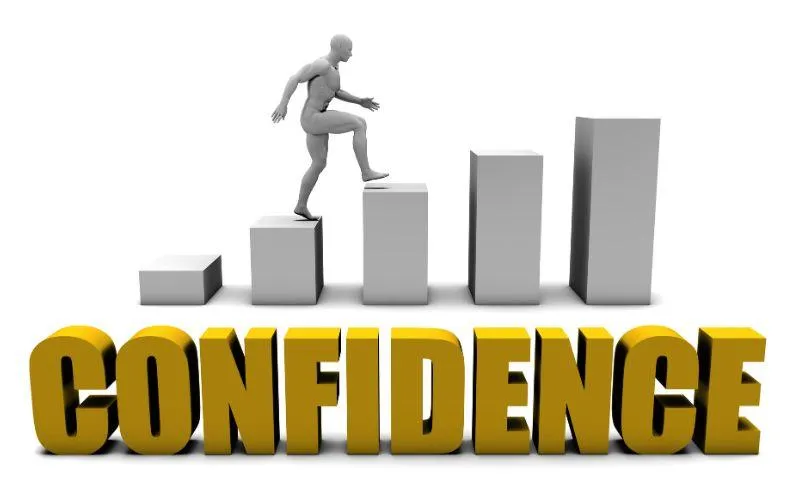

Decision-Making as a Competitive Advantage
Mastering the art of decision-making under pressure is not just a skill—it’s a competitive advantage. Entrepreneurs who can think clearly, process information efficiently, and make confident choices in high-stress situations are more likely to drive innovation, outperform competitors, and sustain long-term business success. While no decision-making process is foolproof, implementing structured frameworks, utilizing data, managing cognitive biases, and embracing adaptability can significantly improve outcomes.
Business leaders must remember that perfection is the enemy of progress. No decision will ever be 100% risk-free, but hesitation can be costlier than making the wrong choice. The best entrepreneurs make the best possible decision with the information available, act decisively, and refine their approach as they move forward. As business environments continue to evolve, the ability to make strategic, pressure-tested decisions will remain a defining trait of successful entrepreneurs. Are you ready to sharpen your decision-making skills and take your business to the next level?
Leave a Comment
Comments:
©2025 Laughlin Business Credit Advisor, all rights reserved. No reproduction or use of any portion of the content or work, or the entire work, is permitted without the express written permission and authorization of the publisher. However, the publisher of these materials routinely grants authorization for reproduction or use of this work, in whole or in part. If you would like to use any portion of this material in a book, article, e-zine, newsletter, radio or television broadcast, podcast, or in any other seminar, teleconference, or other events or publications, please email or call Laughlin Business Credit Advisor.
Stay inspired, informed, and ahead – fill out the form to join us now!
Dive into our library and unlock a treasure trove of business insights that can transform your journey to success.
Laughlin Business Credit Advisors680 W. Nye Ln, Ste #201Carson City, NV 89703
All Rights Reserved,
© 2024 Great Basin Holdings, Inc.



